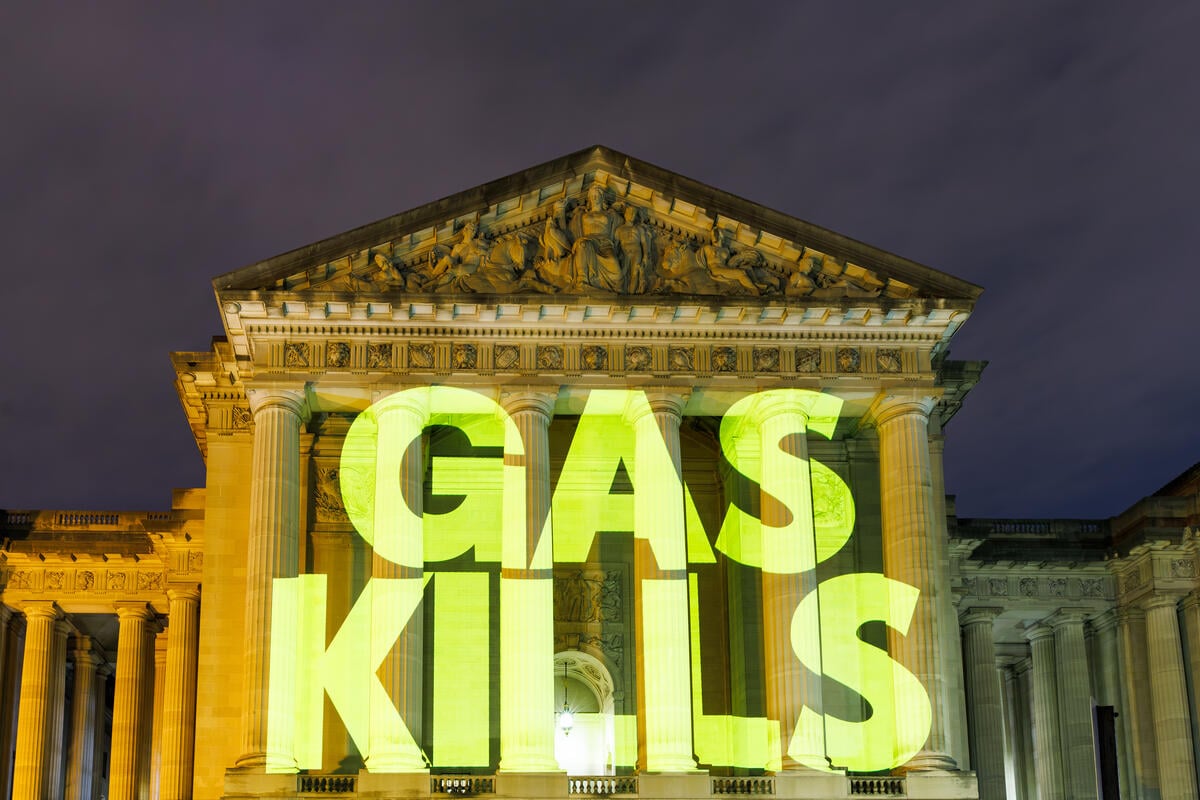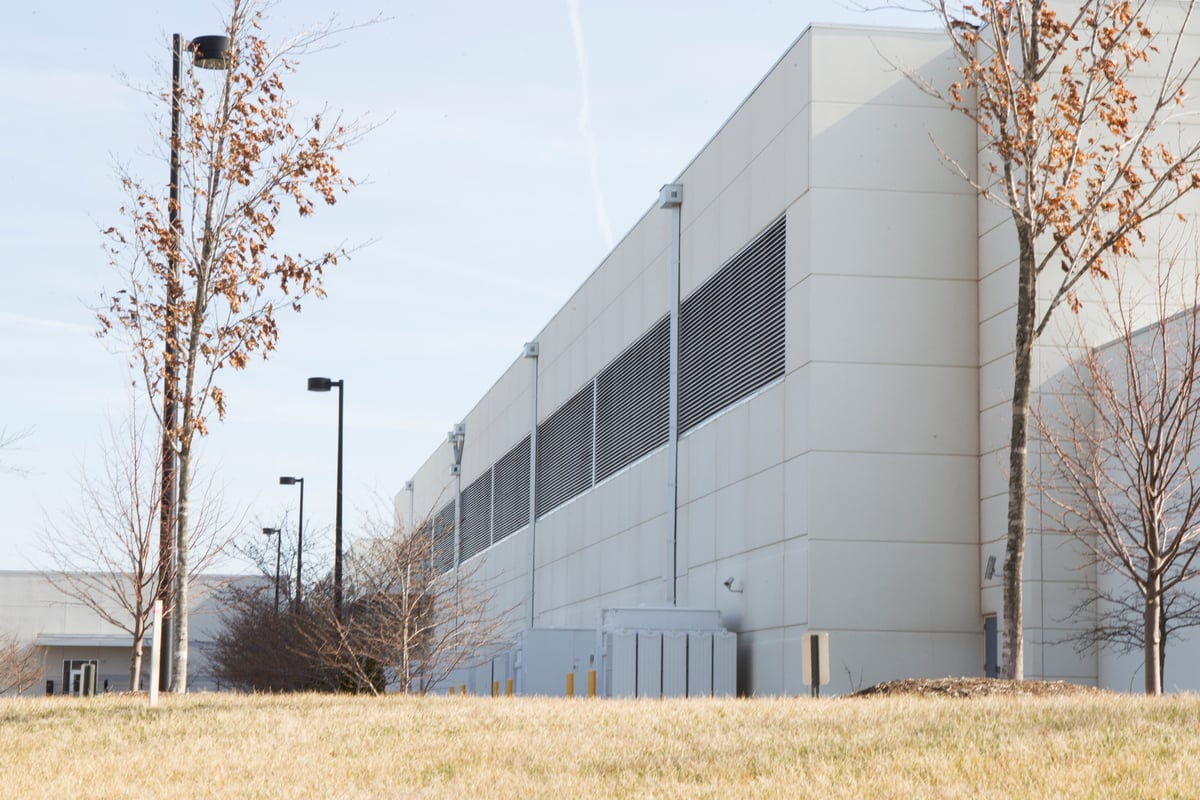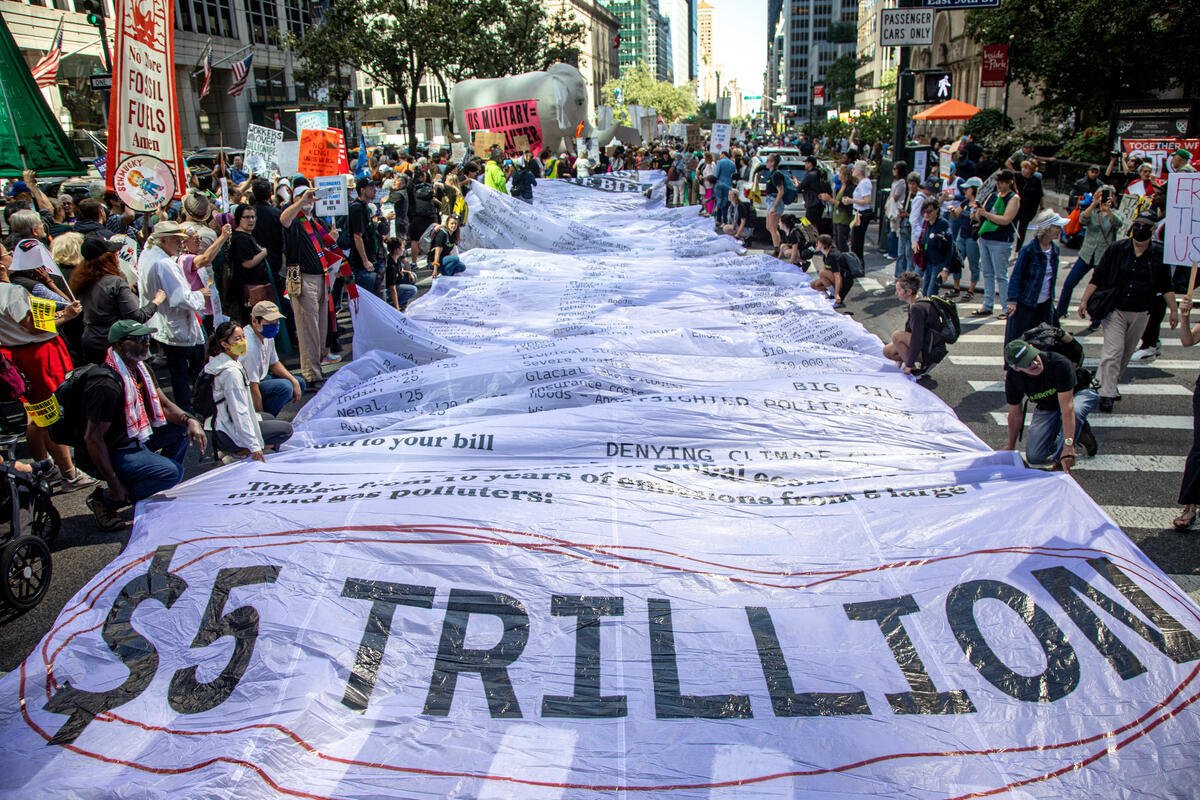On April 20, 2010, a British Petroleum (BP) offshore oil rig exploded, killing 11 workers on the rig and spilling tens of thousands of barrels of crude oil into the Gulf of Mexico. BP’s Deepwater Horizon oil well, located 5,000 feet below the ocean’s surface, leaked 5 million barrels (205.8 million gallons) of crude oil into Gulf Coast, with devastating consequences for Gulf Coast communities and the fragile wetlands, bayous, and coastal waters on which they depend.
The spill, which was estimated to be more than 130 miles long and 70 miles wide, has impacted the coastlines of Louisiana, Alabama, Mississippi, and Florida. The release of crude oil from BP’s leaking continues to threaten hundreds of species in the Gulf of Mexico, including critical habitat for endangered species, such as whales, sea turtles, and migratory birds.
Related Posts
-

Trump’s EPA betrays science to line Big Oil pockets
The laws of physics don’t care about Donald Trump. They don’t care about his constant lies and they don’t care about his insincere report full of cherry-picked data.
-

Data centers are making you pay for Big Tech’s boom
What are you willing to sacrifice to support Big Tech’s buildout?
-

The disaster economy: who benefits, and who pays?
We cannot accept a future where safety from climate disasters and extreme weather is a for-profit commodity.
